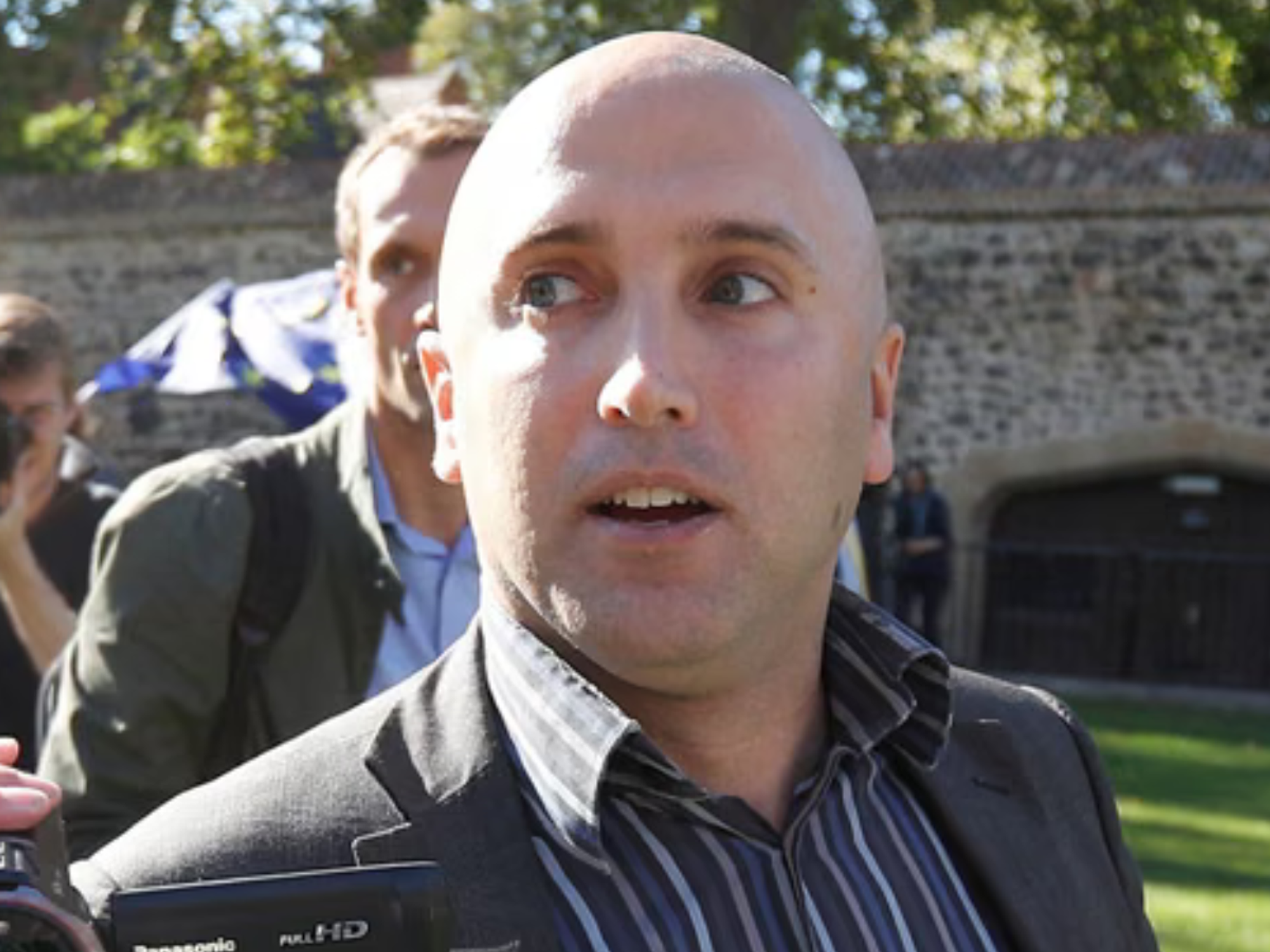Families rush to use little-known loophole to cut bill ahead of Rachel Reeves's inheritance tax raid

Britons can give away unlimited amounts without paying inheritance tax
Don't Miss
Most Read
Wealthy families are rushing to take advantage of a little-known tax loophole, with the amount of money passed on through it nearly tripling in just one year.
New figures show transfers using the "gifts out of surplus income" rule jumped from £52 million to £144 million between the 2022-23 and 2023-24 tax years.
The rule allows people to give away unlimited amounts without paying inheritance tax, as long as the money comes from their regular income, not their savings or assets, and it doesn't reduce their usual standard of living.
Tax experts believe the real numbers may be even higher, as families act quickly to protect their wealth ahead of expected changes to inheritance tax rules under Chancellor Rachel Reeves.
This tax break comes with strict conditions that set it apart from standard gift allowances. The payments must come from the giver’s regular income, not from savings or assets, and must not affect their usual standard of living.
Unlike normal gifts, which are only free from inheritance tax if the person lives for seven more years after giving them, gifts made from surplus income are exempt straight away.
Families just need to show a clear pattern of regular payments. This is very different from the usual £3,000 annual gift allowance, which is often used for birthday or holiday presents.
Despite its potential to save large amounts in inheritance tax, very few people use it. Just 400 estates claimed this relief in 2023-24, down from 520 in 2020-21.
That’s only 1.7 per cent of the 27,800 estates that paid inheritance tax, showing that most families still overlook this valuable rule.

Families rush to use little-known loophole to cut bills ahead of Rachel Reeves's inheritance tax raid
| GETTYThe Chancellor's reforms, set to take effect from April 2027, will fundamentally alter how pensions are treated for inheritance tax purposes.
Currently exempt from death duties, pension pots will be incorporated into estates' taxable value, potentially subjecting beneficiaries to a 40 per cent charge.
The impact will be especially harsh for people inheriting from someone who died over the age of 75. These beneficiaries will not only face inheritance tax, but also income tax when they take money out of the pension.
Some tax experts say this could lead to a combined tax rate of up to 67 per cent.

From April 2026, agricultural and business assets will also lose their current full inheritance tax exemptions
| GETTYFrom April 2026, agricultural and business assets will also lose their current full inheritance tax exemptions.
Farms and businesses worth over £1 million will face a 20 per cent tax, which could force some families to sell inherited land or businesses just to cover the bill.
Duncan Mitchell-Innes, of TWM Solicitors, observed that "families will soon have fewer ways to transfer wealth without being hit by inheritance tax, so they're increasingly giving excess income to their loved ones."
He added: "As the number of tax-efficient options narrows, families will make better use of the remaining reliefs."

Experts say families will soon have fewer ways to transfer wealth without being hit by inheritance tax
| GETTYShaun Moore, from wealth management firm Quilter, described surplus income gifts as "one of the most effective yet underutilised inheritance tax reliefs available."
He noted it was "not surprising" that families were exploring methods to reduce inheritance tax liabilities and transfer wealth to younger generations.
The Government confirmed on Monday it would proceed with the reforms despite industry opposition, projecting the pension changes alone would generate approximately £1.5 billion annually by 2029-30.
More From GB News










